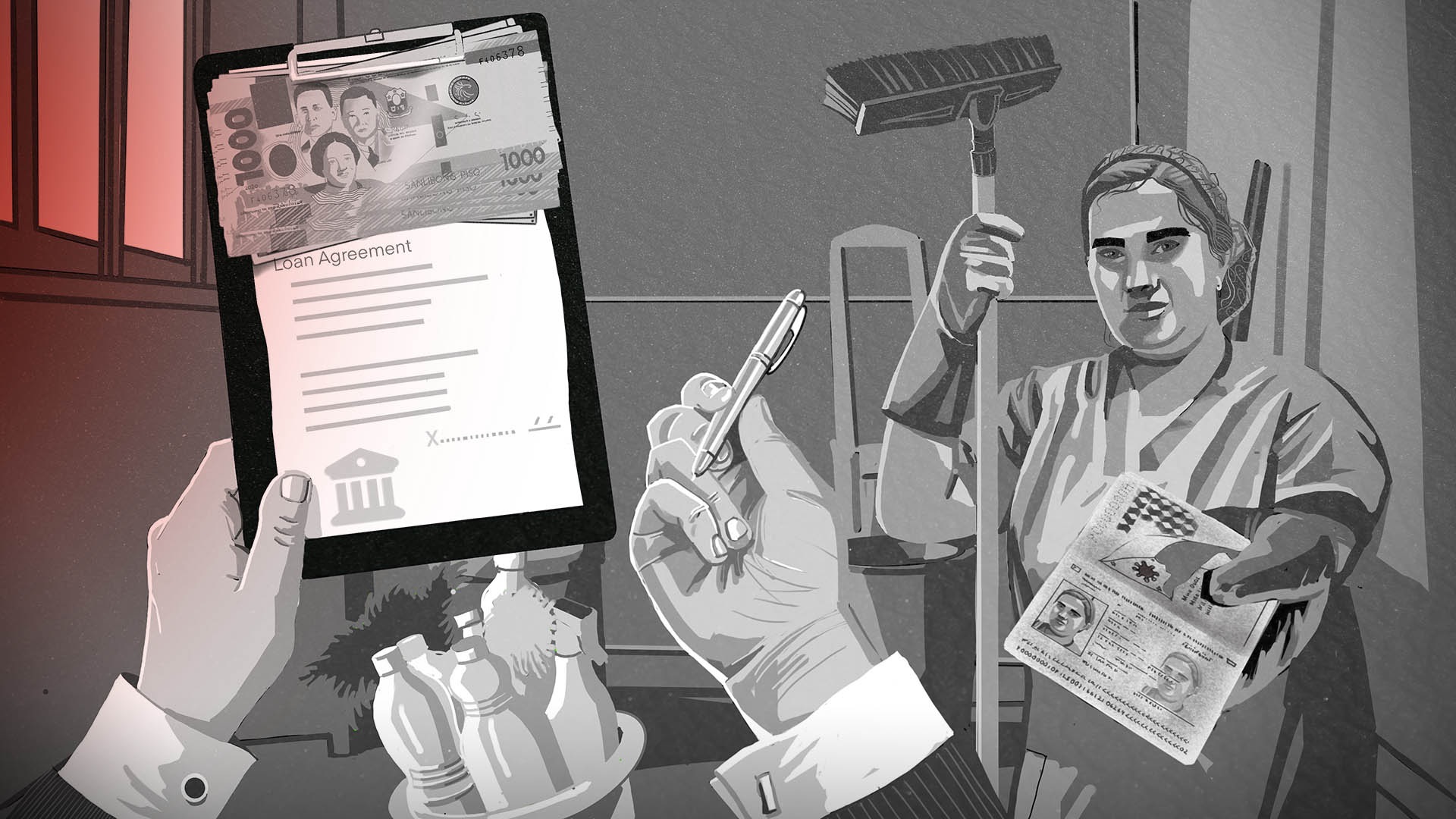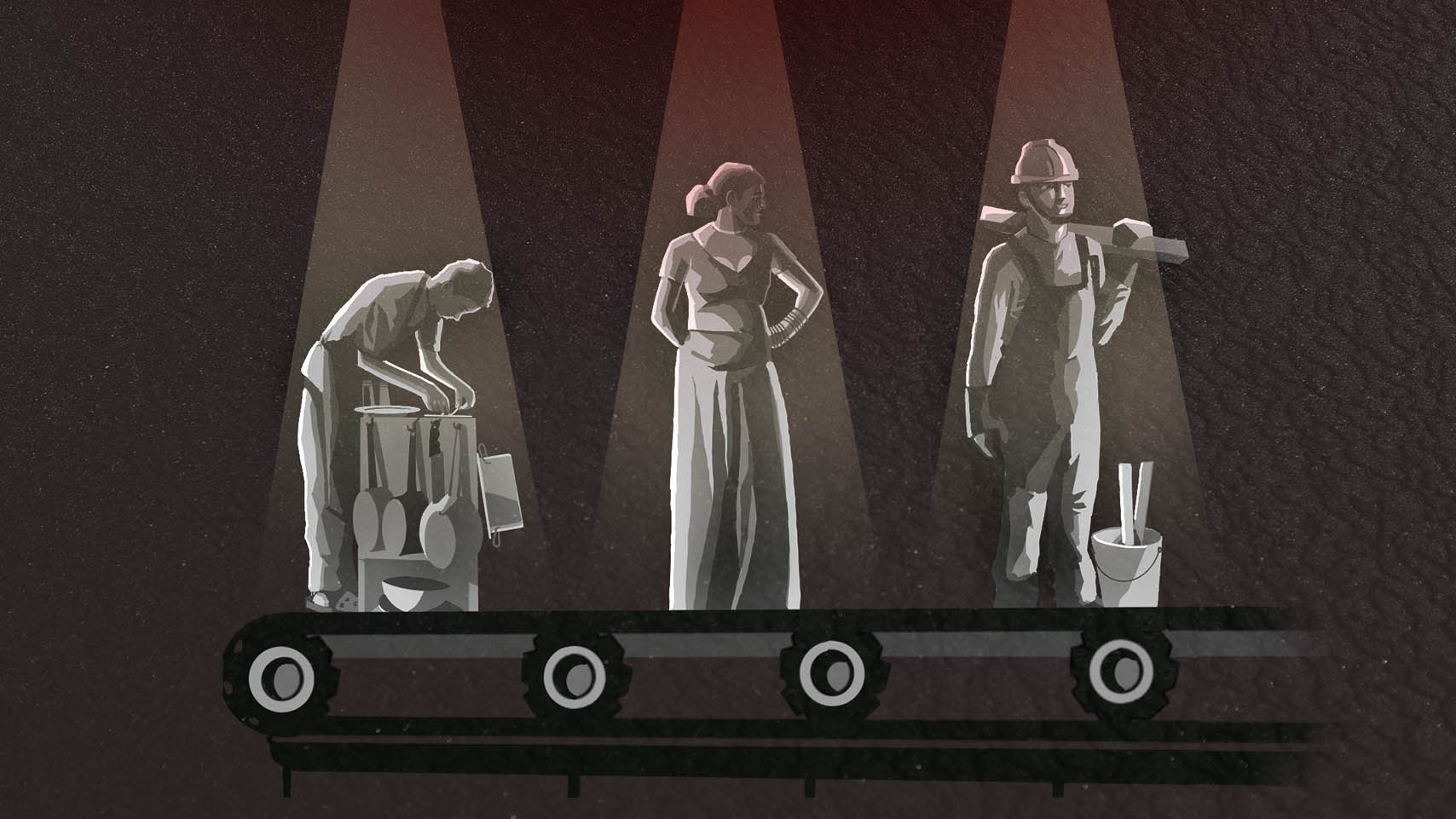More than 60% of sex-trafficking victims said they were forced to sell sex from hotels.
By Investigation Team

In the summer of 2013, Anastasia, a 22-year-old trafficking survivor, found herself trapped in a nightmarish loop—cycling through a series of budget hotels across four East Coast states. Her trafficker, Fredrick Brown, a known drug dealer, forced her to sell sex in room after room. Her story, though harrowing, is not unique. Investigative research has unveiled a disturbing trend: some of America’s most recognizable hotel chains have, for decades, been the hidden theaters where human trafficking thrives.
This investigation draws from court documents, survivor interviews, federal indictments, and industry records to expose how hotel franchises have silently enabled—sometimes even facilitated—human trafficking, all while hiding behind the protective veil of franchising models. With a focus on the legal grey zones and corporate loopholes, this report delves into a system where profit often trumps protection, and silence equals complicity.

Methodology: Following the Trail
This investigation was conducted over six months and involved the review of more than 30 court cases related to trafficking in the hospitality sector, interviews with survivors, legal experts, and anti-trafficking organizations, and an analysis of corporate records and franchising agreements of major hotel chains. Confidential interviews were granted anonymity to protect the identities of the individuals involved.
Key partnerships with legal advocates and survivor networks helped trace not only the stories but the patterns—of complicity, neglect, and denial—repeated across different cities and corporate entities.
Corporate Walls and Broken Lives
When Anastasia was trafficked at a Howard Johnson hotel in Pennsylvania, she wasn’t just another unseen statistic. Her general manager, Faizal Bhimani, reportedly accepted free sexual services from her and other trafficked women in exchange for providing rooms to her trafficker. Bhimani was later convicted, along with the company owning the hotel. The Howard Johnson brand is owned by Wyndham Hotels, which promptly severed ties with the franchised location—but not before the damage was done.
“Everyone knew,” said a federal prosecutor during the trial. “It was open and notorious. This was obvious, and this was constant.”
But what is most troubling is the structure that allows such complicity to go unpunished. Franchising, the business model employed by nearly every major hotel brand, insulates parent corporations from legal accountability. Each hotel is independently owned and operated, making it difficult—if not impossible—for survivors to hold the corporate entity responsible, even when the franchise uses their name, branding, and operational standards.

A Hidden Epidemic
The 2018 Polaris Survivor Survey found that over 60% of trafficking survivors were exploited through hotels. The National Human Trafficking Hotline consistently receives thousands of tips related to commercial sex activity within hotel properties annually. Yet, systemic change remains elusive.
Attorney Steven Babin, who represents Anastasia and has filed dozens of similar lawsuits, argues: “These corporations are the ones with the power to change the system, to put safeguards in place. But instead, they continue profiting from a model that allows them to wash their hands of any wrongdoing.”
Disclosure documents reviewed for this investigation show that not a single one of the 10 largest hotel franchisers in the U.S. had updated their franchise contracts to explicitly include trafficking as grounds for termination. Instead, vague language around “criminal activity” leaves ample room for interpretation.
The Legal Labyrinth
Since the first trafficking lawsuit against a franchised hotel in 2015, over 110 similar cases have been filed. None have yet reached trial. Many end in quiet settlements, and others remain stuck in procedural limbo. The lack of legal precedent creates uncertainty not just for survivors seeking justice but also for courts determining where responsibility should lie.
Attorney Annie McAdams, one of the first to pursue these cases, sees the legal strategy as groundbreaking: “We’re in uncharted waters. These lawsuits are shaping the future of accountability in the hospitality industry.”
Legal action is typically brought under the Trafficking Victims Protection Act (TVPA), which was expanded in 2008 to allow survivors to sue any entity that knowingly benefits from participation in a trafficking venture. But proving ‘knowledge’ remains the core challenge.
“The cleaning staff saw it. The front desk knew. Even security guards looked the other way,” said Jasmine (name changed), another survivor who testified against a hotel in Florida. “They acted like it wasn’t their problem.”
Corporate Responsibility vs. Brand Protection
Despite public commitments to fight human trafficking, hotel giants continue to prioritize brand image over tangible action. While many corporations boast of training programs and awareness campaigns, whistleblowers and former employees say these initiatives often amount to little more than compliance window-dressing.
“Most of the training I received was online modules,” said a former Marriott front desk agent in New Jersey. “It wasn’t about saving lives. It was about checking boxes.”
Meanwhile, the legal departments of these chains are busy shielding them from liability. Franchisees are left with minimal support or guidance when it comes to identifying and reporting trafficking.
Louise Shelley, director of George Mason University’s Terrorism, Transnational Crime, and Corruption Center, says the problem lies in treating trafficking as isolated incidents rather than systemic failures. “We focus not enough on how human trafficking intersects with the legitimate economy. This is one of the key points in the supply chain where it does.”
Survivors Speak, But Is Anyone Listening?
Anastasia now works with a non-profit that supports trafficking survivors. But the trauma lingers. “Every time I walk past a hotel, I feel my body freeze,” she said. “It’s not just the traffickers that hurt us. It’s the people who saw and did nothing.”
She, along with a growing number of survivors, believes that only sustained legal pressure and public exposure will force corporations to rethink their role.
Advocacy organizations like the Human Trafficking Legal Center and Polaris are pushing for legislative reforms that would close the franchising loophole and mandate clearer responsibilities for corporate headquarters.
Reckoning With Profit and Pain
The hospitality industry sits at a crossroads. It can no longer claim ignorance while survivors continue to testify about what happened behind their doors. As lawsuits stack up and public awareness grows, hotel corporations face a choice: reform or remain complicit.
The truth is out there—in court records, survivor testimonies, and investigations like this one. Now, it’s up to the industry, lawmakers, and society to decide what comes next.
Until then, the rooms remain booked, the lights stay on, and the silence continues to scream.